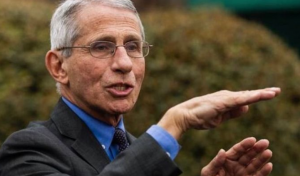Justice Dhananjaya Yashwant Chandrachud took the oath on November 9, 2022 to become the 50th Chief Justice of India. He was sworn in by President Droupadi Murmu during a brief ceremony at Rashtrapati Bhavan.
Justice Chandrachud succeeds Justice Uday Umesh Lalit as Chief Justice of India, who resigned on November 8. Unlike Justice Lalit, who held the position for only 74 days, Justice Chandrachud will hold it for two years. On November 10, 2024, he will step down from his position.
Also read| Who is Justice DY Chandrachud?
He is the son of the late Justice YV Chandrachud, India’s longest-serving Chief Justice, who held the position for seven years. He is the first Chief Justice whose father previously held the same position. It is interesting to note that he has twice overturned decisions made by his father Justice YV Chandrachud.
Justice Chandrachud graduated from St Stephen’s College
Justice Chandrachud graduated from St Stephen’s College with a bachelor’s degree in economics. He later earned an LLB from Delhi University, as well as an LLM and a doctorate from Harvard Law School in the United States. In June 1998, the Bombay High Court designated him as a senior advocate, and he was appointed Additional Solicitor General the following year, until his appointment as a judge.
Also Read| 6.3 magnitude earthquake strikes Nepal, tremors felt in Delhi NCR
He served from March 2000 to October 2013 as a judge for the Bombay High Court. Justice Chandrachud held the position of Chief Justice of the Allahabad High Court from October 31, 2013, until his appointment to the Supreme Court. Justice Chandrachud was promoted to the Supreme Court on May 13, 2016. He has served on several Constitutional benches and delivered landmark decisions, including the Ayodhya land dispute and the right to privacy.
He was also a member of the benches that rendered pivotal decisions on decriminalizing same-sex relationships by partially overturning Section 377 of the IPC, the validity of the Aadhaar scheme, and the Sabarimala issue. A bench led by Justice Chandrachud issued several orders to alleviate people’s suffering during the COVID crisis. More recently, a bench he presided over broadened the scope of the Medical Termination of Pregnancy (MTP) Act to include “unmarried woman.”





